Sport
Sudan’s unending war has sparked the world’s largest hunger crisis, with aid dwindling and the plight of the suffering millions still going almost unnoticed.
Hunger is conflict-ridden Sudan’s new battleground, dragging into its orbit millions of civilians caught in the crossfire between the country’s army and the paramilitary Rapid Support Forces.
In the sprawling Zamzam camp of North Darfur, where famine has taken hold after over two years of bloodshed and displacement, mothers cradle malnourished children, their eyes hollow with exhaustion.
"My baby cries all night from hunger, but I have nothing to give her," says 28-year-old Aisha Mohammed, who fled fighting in Khartoum last year. "If the roads close, we will die."
Sudan, already the world’s largest humanitarian crisis, is now slipping deeper into the abyss as the hunger catastrophe unravels.
The unyielding conflict has left 24.6 million people—nearly half the North African country’s population—facing acute hunger. An estimated 638,000, the highest globally, constitute the most vulnerable group in the Global Hunger Scale.
Famine has been confirmed in 10 locations, including the Zamzam camp, where children are dying from malnutrition at an alarming rate.
Pushed to the brink
Desperation wrought by war and hunger is forcing vast swathes of the population into choices that lay bare the humanitarian tragedy.
"We grind leaves and mix them with water to fill our stomachs,” Hanifa Al-Hassan, a 32-year-old mother of two in Gezira State, tells TRT Afrika. "My husband was killed in the fighting. Now, I beg in the market to get a handful of grain for my children."
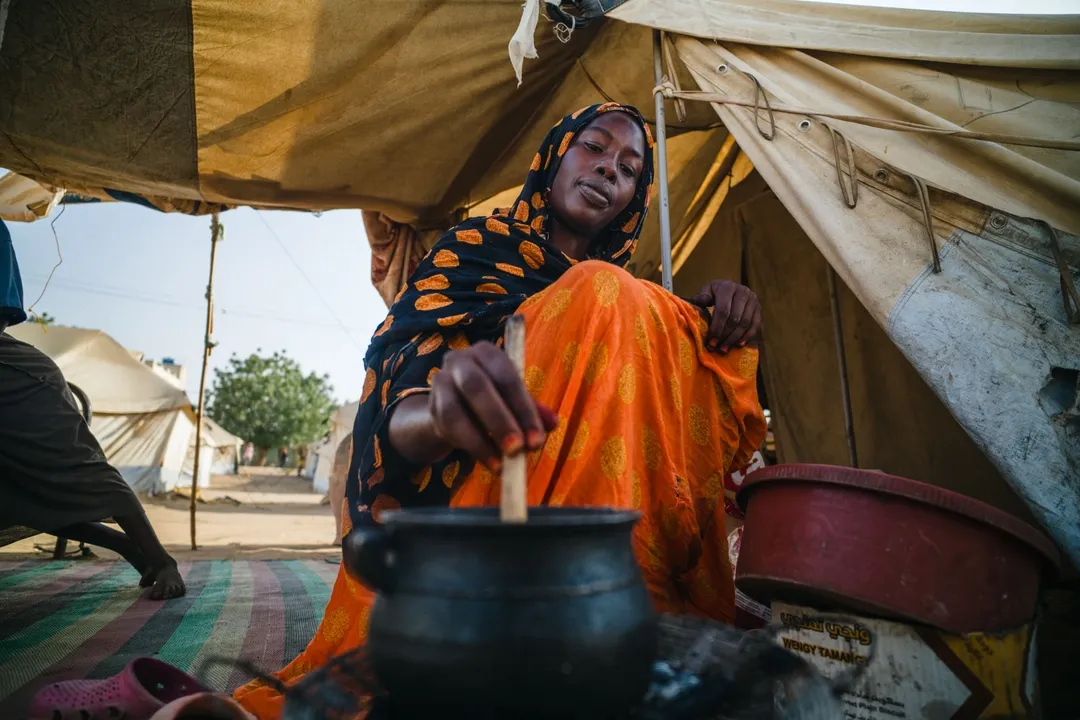
The UN World Food Programme (WFP) warns that without immediate, unimpeded access to prepositioned food before the rainy season, vast regions of Sudan would be cut off, leaving millions without lifesaving aid.
"The window to act is closing fast," warns Marianne Ward, WFP’s deputy country director in Sudan. "Once the rains come, roads turn into rivers, and entire communities become unreachable. We need safe passage to stockpile food in critical areas like Darfur before it is too late."
Hunger deaths spike
In Nyala, South Darfur, Dr Amal Osman works in a clinic overwhelmed by malnourished children.
"Last week, a mother brought her two-year-old son to us. The baby was just skin and bones. We had no therapeutic food left. He died in her arms," she says. "How many more must die before the world acts?"
The data is staggering: one in three children in the worst-hit areas are acutely malnourished, surpassing famine thresholds.
In El-Fasher, where fighting has blocked aid routes, 52-year-old Sadiq Majeed sits outside his makeshift shelter bracing for the worst.
"We haven’t received food in months,” he tells TRT Afrika. “The world has forgotten us."
WFP’s efforts to reach three million people each month are caught in a wrangle of bureaucratic delays, violence and obstruction by the warring parties.
"They promise help, but nothing comes," says Halima Abdullah, 42, in Central Darfur. "My children ask me daily, ‘When will we eat?’ I have no answers."
Given the scale of the challenge, WFP needs approximately US $650 million to sustain operations. "Every day we delay, more lives are lost," rues deputy country director Ward.
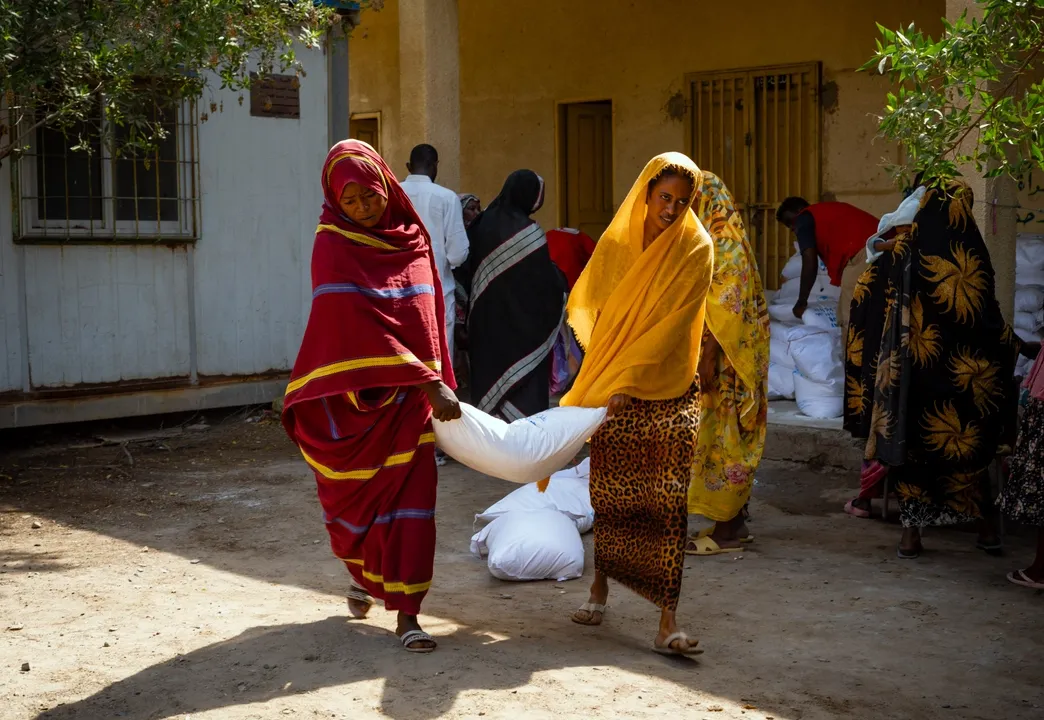
Crisis beyond borders
The devastation extends beyond Sudan’s borders. At the country’s border with South Sudan, 29-year-old Rebecca Nyibol’s looks lost as she cradles her frail infant son.
"We walked for 10 days with no food. My milk dried up, and now my baby is sick. I don’t know if he will live,” she says.
In Chad, where nearly a million refugees are huddled in makeshift camps running on scarce resources, 60-year-old community leader Mahamat Souley laments a disaster that is still to run its course.
“We share whatever little we have, but how long can we last on this?" he wonders.
His words mirror Aisha’s plea for help from the Zamzam camp. "Tell the world we are here," she whispers. "Tell them we are starving."
As civilian casualties continue to mount and the humanitarian catastrophe worsens, the conflict grinds on, with efforts towards a ceasefire unsuccessful so far.
The Sudanese army has made significant gains in recent weeks, recapturing key areas, including the capital Khartoum and Omdurman. The RSF controls most of Darfur regions.
Comments
No comments Yet








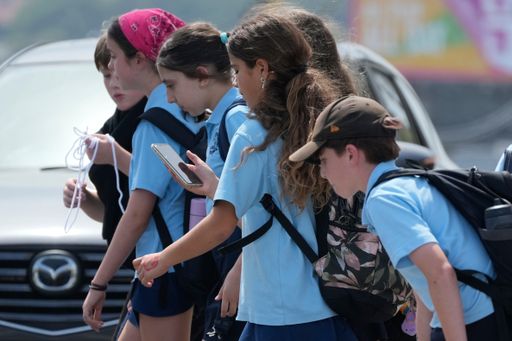
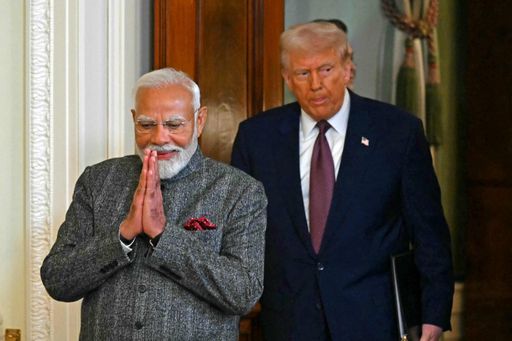

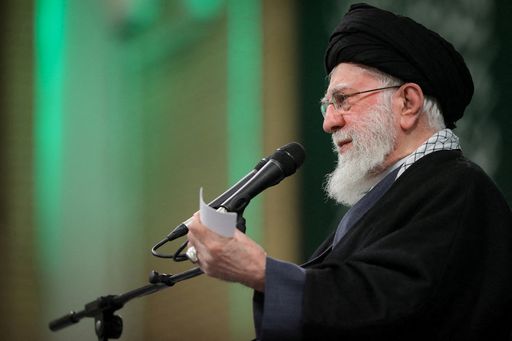








Comment